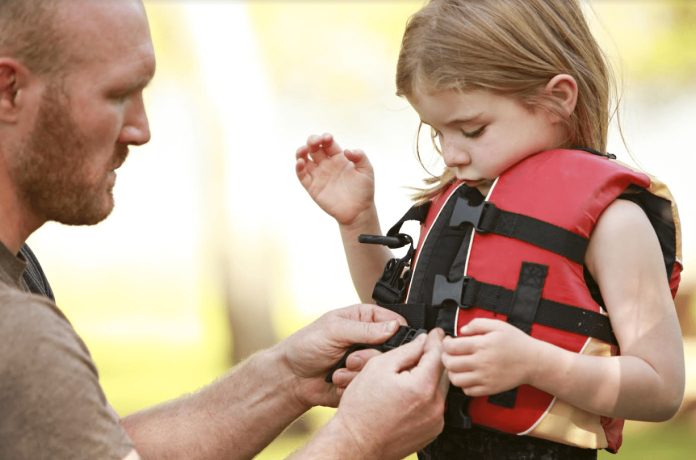|
Getting your Trinity Audio player ready...
|
With temperatures rising in Florida and across the nation, summertime is typically the perfect opportunity to soak up the sun outdoors and participate in water activities, such as swimming, boating and fishing. Outdoor events, however, pose great risks if you are not careful. UnitedHealthcare recommends following these tips to stay safe in the sun:
- Take swimming lessons to reduce risk of drowning. According to the CDC, unintentional drowning is the leading cause of death for children in the United States. While children are at the highest risk, drowning can happen to anyone. There are an average of 4,000 fatal drownings in the United States every year, which is an average of 11 drowning deaths per day.
- Wear a life jacket when you are doing water-based activities. Pool toys, such as noodles or inner tubes, should not be used in lieu of a life jacket as they are not designed to keep swimmers safe.
- Learn and practice cardiopulmonary resuscitation (CPR). When performed by bystanders during an accident, CPR has been shown to save lives and improve outcomes in drowning victims. The sooner CPR is starter, the better chance of improved outcomes.
- Prepare for weather. Strong winds and thunderstorms can be very dangerous when in or around water, so it is essential to prepare by knowing local weather conditions and forecasts before boating or swimming.
- Protect your skin from the sun. Too much exposure to the sun’s ultraviolet (UV) rays can increase your risk of developing skin cancer or getting burnt. If the UV index is three or higher in your area, you should take steps to protect your skin from the sun.
- Reapply sunscreen every two hours if you are staying out in the sun. Sunscreen protection levels are categorized using a sun protection factor (SPF) number that rates how well they block UV rays with higher numbers indicating more protection. It is recommended to use a broad-spectrum sunscreen with at least 15 SPF or higher.
- Wear protective clothing and/or a hat and sunglasses. When possible, wear long-sleeved shirts, pants and skirts that can provide protection from UV rays. Clothes made from tightly woven fabric and hats with wide brims that cover your face, ears, and the back of your neck provide the best protection.
- Protect infants and children from the heat. Infants’ immature body systems cannot cope with high temperatures. Since infants are not able to communicate if they are too warm, they are especially at risk of hyperthermia – when the body heats up to 104 degrees Fahrenheit.
- Stay cool and hydrated. Make sure to drink plenty of fluids but be mindful to stay away from really cold drinks or drinks with too much sugar.






